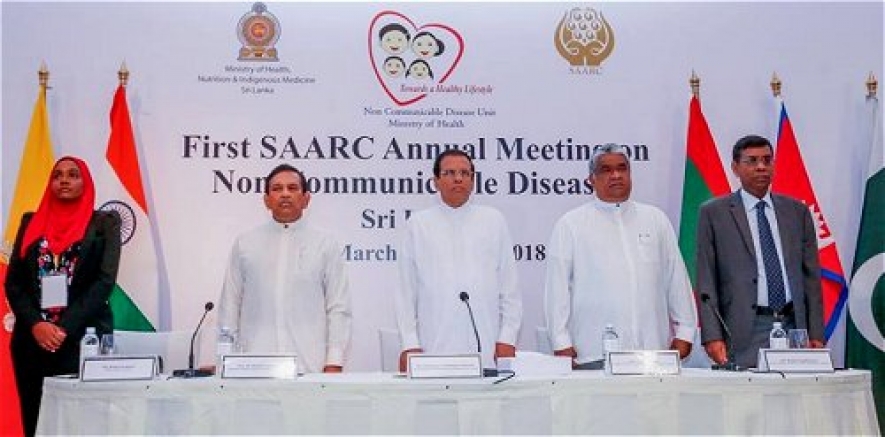The World Health Organization has launched programs in every country to minimize non-communicable diseases, which result from a combination of genetic, physiological, behavioral, and environmental factors. The main types of NCDs are cardiovascular diseases, cancers, chronic respiratory diseases, and diabetes.
NCDs disproportionately affect people in low- and middle-income countries where more than three quarters of global NCD deaths - 31 million - occur.It is reported that about 10 million people worldwide die of non-communicable diseases annually and tobacco use, lack of physical activity, unhealthy diet, and harmful consumption of alcohol increase risk of NCDs.
Recognizing that NCDs are an impediment to achieve the Sustainable Development Goals (SDGs) by 2030, the World Health Organization has launched many programs globally targeting to minimize the NCDs.The WHO has said that programs implemented by Sri Lanka is this regard are an example to other countries.Minister of health, Nutrition, and Indigenous Medicine Dr. Rajitha Senaratne and Deputy Minister Faizal Cassim, Secretary to the Ministry Janaka Sugathadasa and the Director General of the SAARC Secretariat attended the inauguration of the Summit.



















